Lots of business owners with bad personal credit ask: can I still get business financing? The short answer is yes, but you’ll need a smart plan and to know how alternative lenders work. Regular banks care a lot about your personal score, but there are plenty of options made just for folks with bad credit. This guide covers real strategies – like secured cards and vendor credit – to build business credit on its own. We’ll also look at how some business cards, even cool ones like the MGM Iconic Credit Card, might be within reach through different approval ways.
Table of Content
- Understanding Business Credit Separation From Personal History
- Building Business Credit With Personal Credit Challenges
- Alternative Lending Options for Poor Personal Credit
- Business Credit Cards Accessible With Poor Credit
- Monitoring and Improving Your Business Credit Profile
- Long-Term Strategies for Credit Separation and Growth
- Conclusion and Next Steps
- Frequently Asked Questions
Understanding Business Credit Separation From Personal History
How Business and Personal Credit Differ
Business credit is totally separate from your personal credit. It uses different agencies and scoring systems. Your personal credit shows how you handle money, but business credit looks at your company’s
payment history, how stable it is financially, and risks in your industry. So just because your personal score is low, that doesn’t mean your business can’t build its own credit profile.
Lenders often check business credit reports from places like Dun Bradstreet, Experian Business, and Equifax Business when they’re deciding on loans.
To start building business credit, you’ll need to get a federal EIN, incorporate your business, and open separate business bank accounts. These steps legally separate your business from you personally, so you can build credit in your business’s name.
At first, some lenders might still look at your personal credit. But once your business builds its own credit history, they’ll rely less and less on your personal score.
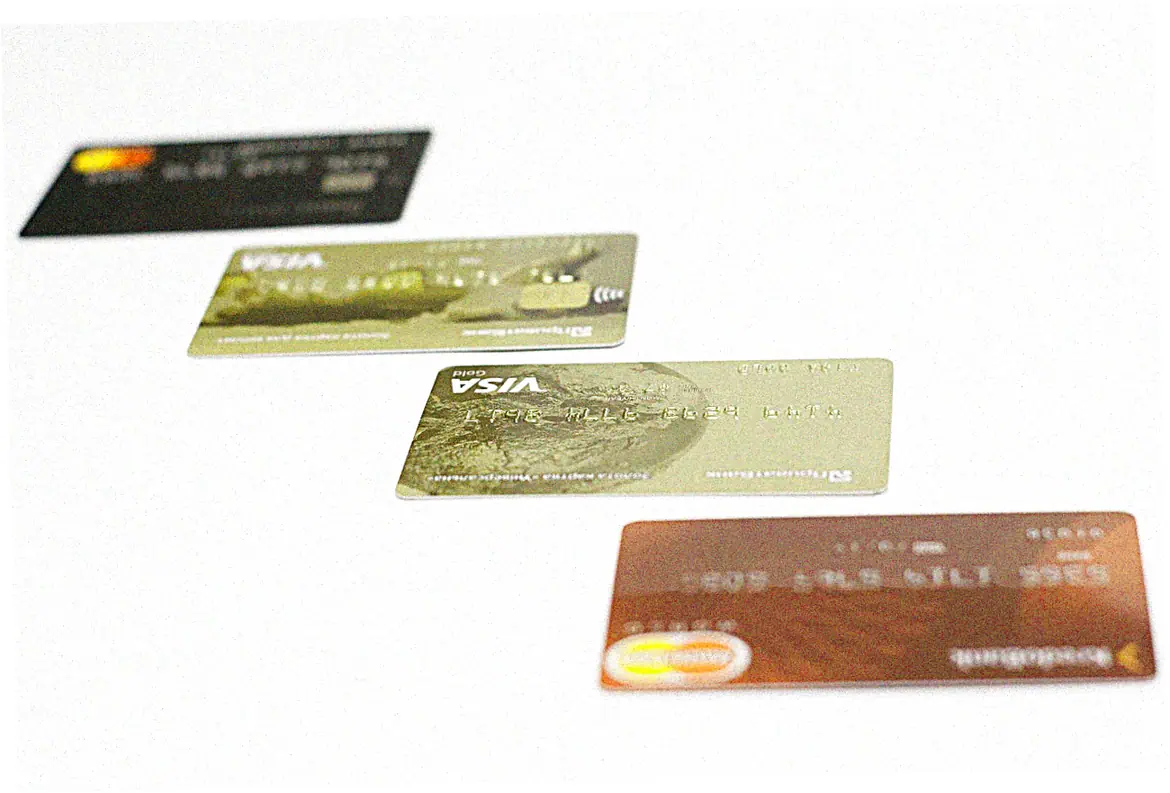
Why Lenders Consider Personal Credit Initially
Lenders often check personal credit for new businesses because startups don’t have much financial history yet. This helps them see how responsible you are with money when there’s not much business data to go on.
But bad personal credit doesn’t automatically rule you out. Many alternative lenders care more about your business revenue and bank balances than your personal score. Some even specialize in helping entrepreneurs with less-than-perfect credit histories.
The main thing to understand is this: while lenders might look at your personal credit at first, your real goal is to build business credit that stands on its own.
After about 6 to 12 months of building business credit, most lenders will focus mainly on your business’s financial performance, not your personal history. This transition time is really important for entrepreneurs who are working to improve their financial situation.

Building Business Credit With Personal Credit Challenges
Starting With Secured Business Credit Options
If your personal credit isn’t great, secured business cards are your easiest way to start. You put down a cash deposit, which usually sets your credit limit, so the lender’s risk is low. They don’t care as much about your personal credit score;
it’s all about that security deposit. The best part? Many report to business credit bureaus, so you can start building your company’s credit profile. Some even give you rewards, just like a regular card.
Use it responsibly for a year or so, and many issuers will give you your deposit back and upgrade you to an unsecured line. This shows how making your payments on time can really help you get past bad credit.
Some business clubs also have secured cards that get you member benefits while you build credit. Just make sure the card reports to business credit agencies—that’s the key to making it count.
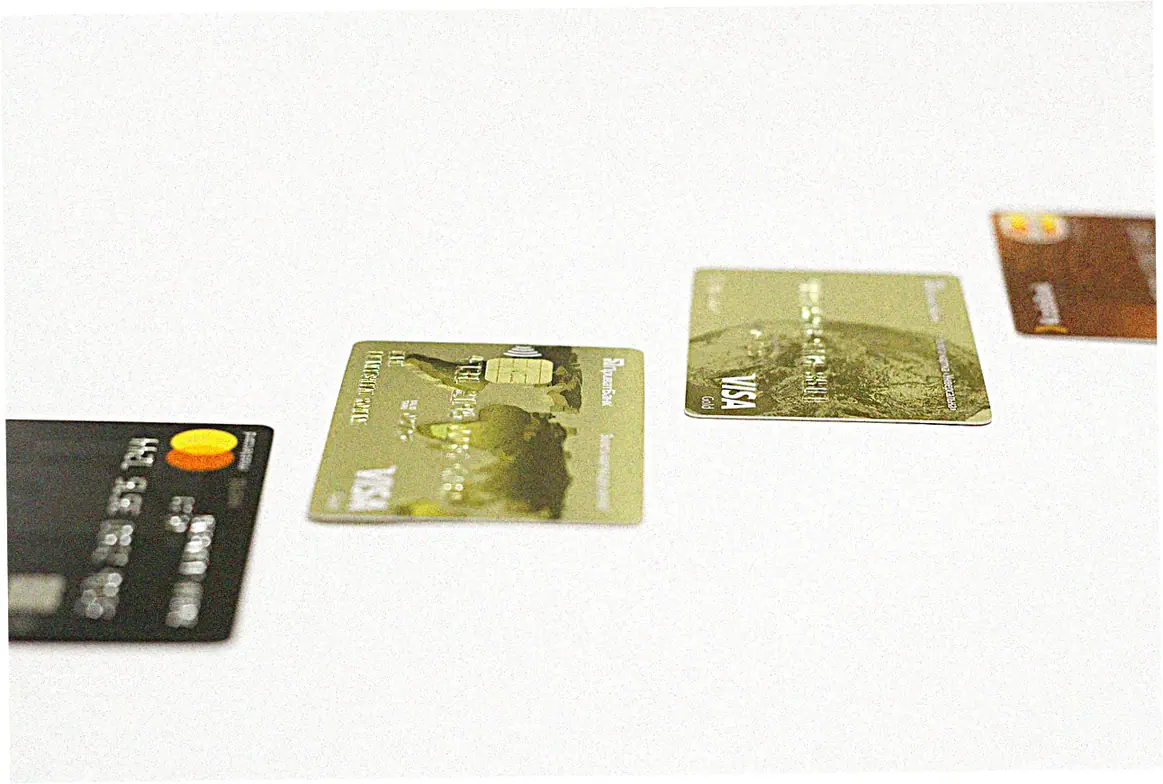
Establishing Trade References With Vendors
Another great way to build business credit without a personal guarantee is through vendor trade lines. Lots of suppliers offer net-30 terms to new businesses. It’s like short-term financing, and it gets reported to credit bureaus.
Start with places like office supply stores, shipping companies, or suppliers in your industry that are easy to get approved with. Pay these small lines on time, and you’ll quickly build a positive payment history.
As you get more positive references, you’ll qualify for bigger credit lines from more suppliers. It creates a snowball effect—each new account makes your business credit profile stronger.
After you’ve built a history, some vendors will even raise your limit without checking your personal credit again. Just make sure everything’s documented right so it shows up on your business credit reports.
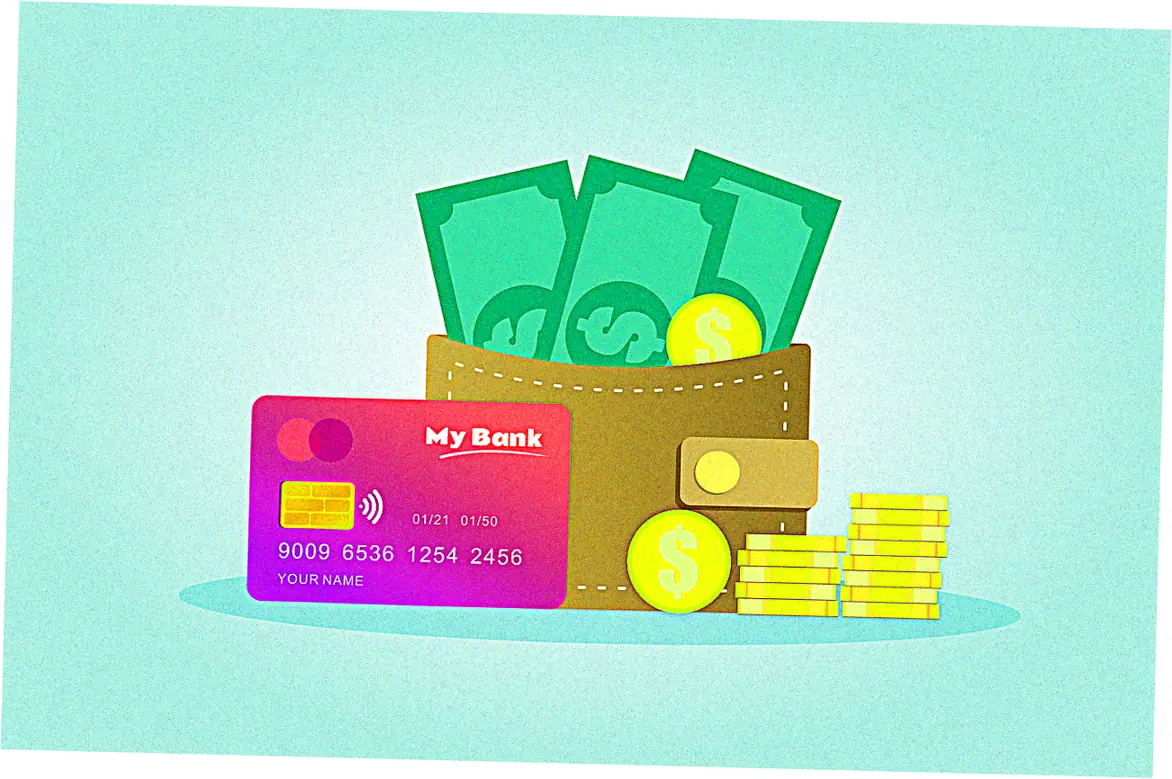
Alternative Lending Options for Poor Personal Credit
Revenue-Based Financing Solutions
If you’re wondering can you get business credit with bad personal credit, here’s some good news: merchant cash advances and revenue-based financing look more at how your business is doing, not your credit score.
They give you money based on your future credit card sales or monthly revenue. So even with bad personal credit, you can still get access to funds. Yes, the costs are usually higher than regular loans.
But they’re an option when other lenders say no. What really matters is your steady revenue history and how much money you keep in the bank.
Some lenders only need to see three months of business operation and very little paperwork. This is perfect for new businesses that make steady money but haven’t built up credit yet.
You can often get approved in just a few days, meaning fast cash when you need it. But be careful – check those terms closely because the interest rates can be much higher than normal financing.
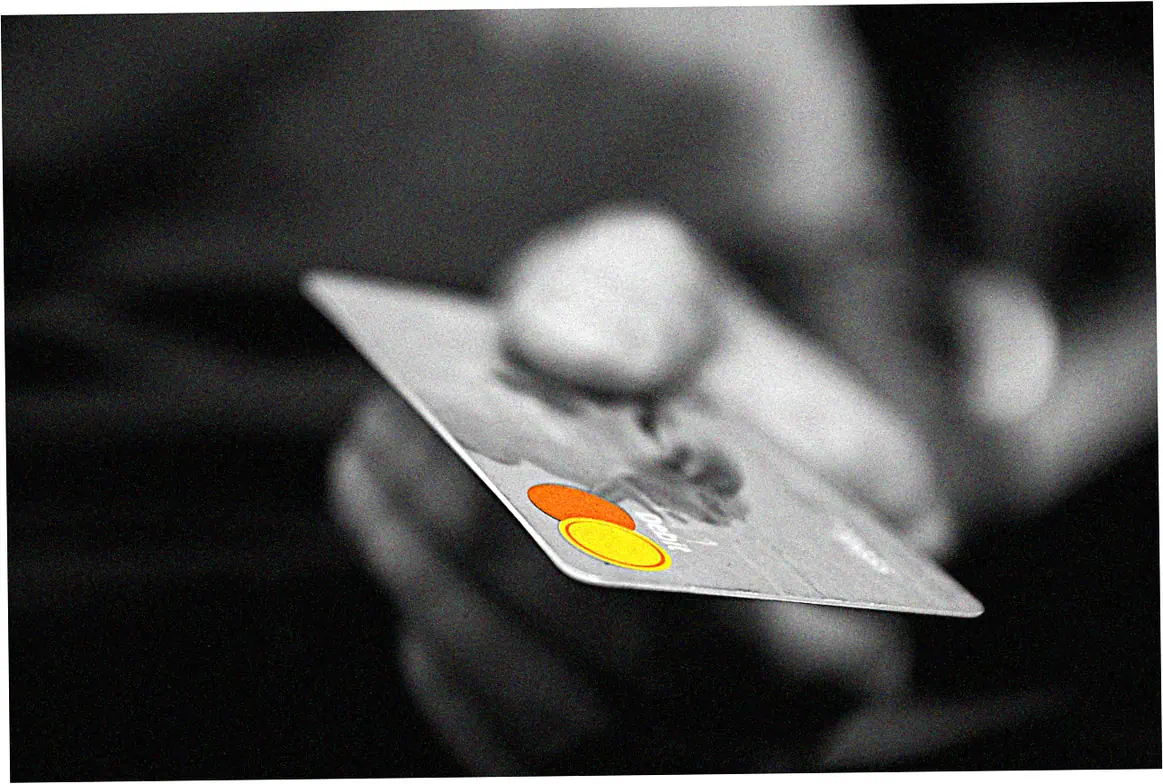
Equipment Financing and Leasing
Here’s another way to build business credit with bad personal credit: equipment financing. The equipment you buy acts as collateral. lenders primarily evaluate the equipment’s value and your business’s cash flow rather than personal credit scores.
That makes it easier to get approved, even if your credit isn’t great. Your regular payments get reported to business credit bureaus. This helps build up your company’s credit profile over time.
Leasing options are often even easier to qualify for than equipment loans. The leasing company keeps ownership of the equipment, which lowers their risk and makes them more likely to approve you.
Both ways help you get the equipment you need while building your credit history at the same time. Many equipment financiers actually specialize in helping startups and businesses with credit problems.
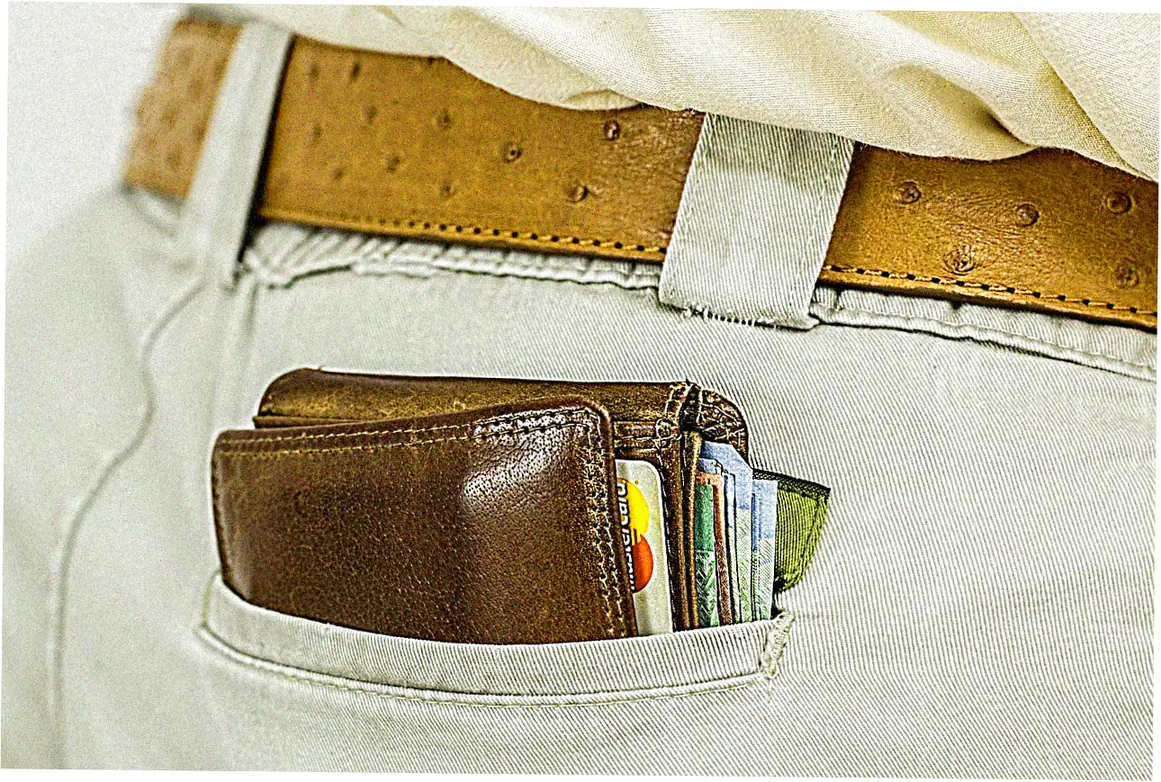
Can you get business credit cards even with poor personal credit?
Secured Business Card Strategies
Secured business cards need a cash deposit that sets your credit limit, so you can get one even with bad personal credit. Take the Wells Fargo Business Secured Card – it reports to all the big business
credit bureaus and even gives you rewards on what you buy. Some business versions offer higher limits and extra cards for employees, which personal secured cards usually don’t. If you use it responsibly, you can often upgrade to an unsecured card in about a year or two.
Some secured cards even come with cool perks, like club memberships, while helping you build credit. The trick is to pick cards that report to business credit agencies, not personal ones.
That way, your on-time payments build up your business credit separately from your personal score. Always check who they report to before you apply.
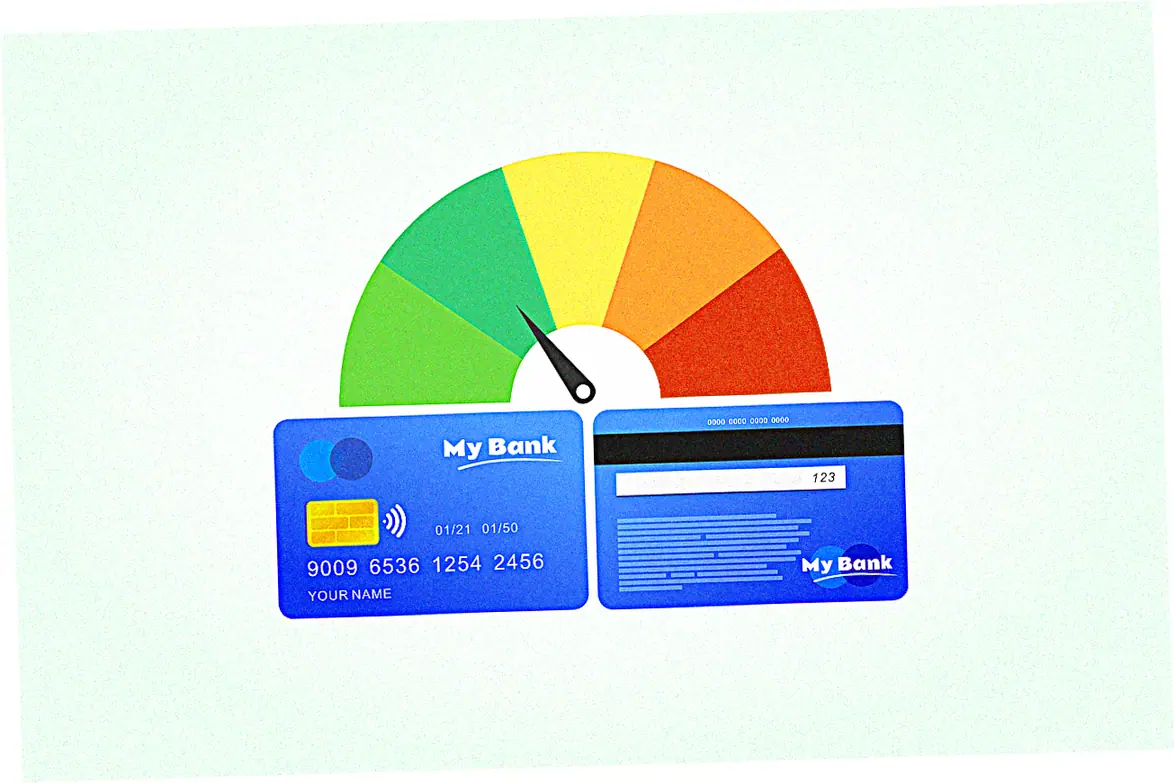
Specialized Cards for Building Business Credit
Some cards are made just for businesses that are building or fixing their credit. The Capital One Spark Classic only needs a fair personal credit score, around 580 to 669, and it gives you cash back on everything you buy.
It doesn’t need a deposit like secured cards, but it still helps build your business credit by reporting your payments. Other cards, like the Brex Card for Startups, just look at your business’s cash balance and how you spend.
You might even get premium cards, like the MGM Iconic, based on your business revenue instead of your personal credit. Some issuers care more about your business’s finances than your personal score if your company is established.
To apply, you usually just need to show business bank statements and revenue docs, not just rely on a credit check.
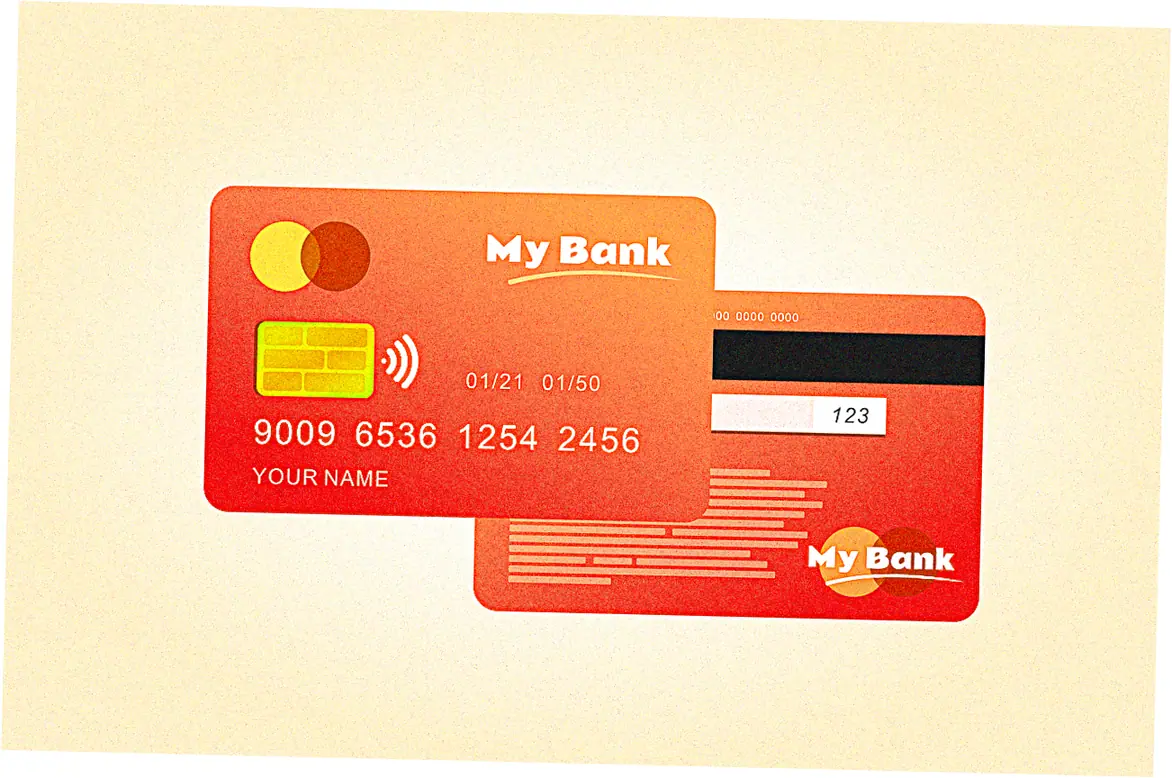
Monitoring and Improving Your Business Credit Profile
Establishing Business Credit Bureau Reports
To build business credit, you need to make sure your good payment history gets reported to business credit agencies. It’s not like personal credit – business credit reporting doesn’t happen automatically.
Most creditors only report if you ask or through special programs. Start with vendors and lenders who definitely report to Dun Bradstreet, Experian Business, and Equifax Business. Get a D-U-N-S number first – that’s how you start your Dun Bradstreet file.
Keep an eye on all three business credit reports regularly. Check they’re accurate and see how you’re improving. If you spot mistakes, dispute them right away. Business credit reports often have more errors than personal ones.
You might want paid monitoring services – they’ll alert you when things change. As your business credit gets better, you can get better deals and higher limits from suppliers and lenders.
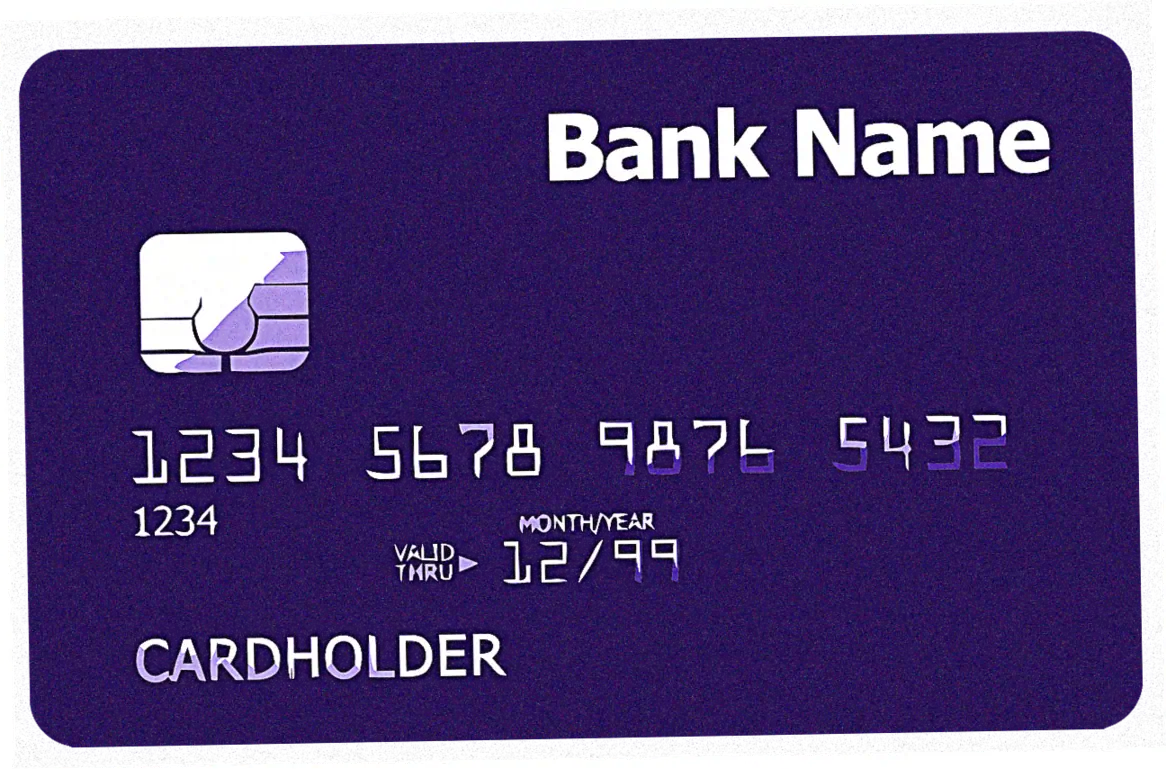
Strategies for Rapid Business Credit Building
To build business credit faster, use different types of credit and keep your balances low. Mix installment loans with revolving credit – this shows you can handle different credit types responsibly.
Try to keep your credit usage under 30% on all accounts. For the best scores, aim for under 10%. As your business grows, ask your current vendors for higher limits – this helps your utilization ratios.
Build positive payment history by working with more vendors who report to credit bureaus. Even small accounts make a big difference to your business credit score if you pay on time.
Look into business credit builder loans – they’re made just to help you establish payment history. They work like personal credit builder loans, but they report to business bureaus instead.
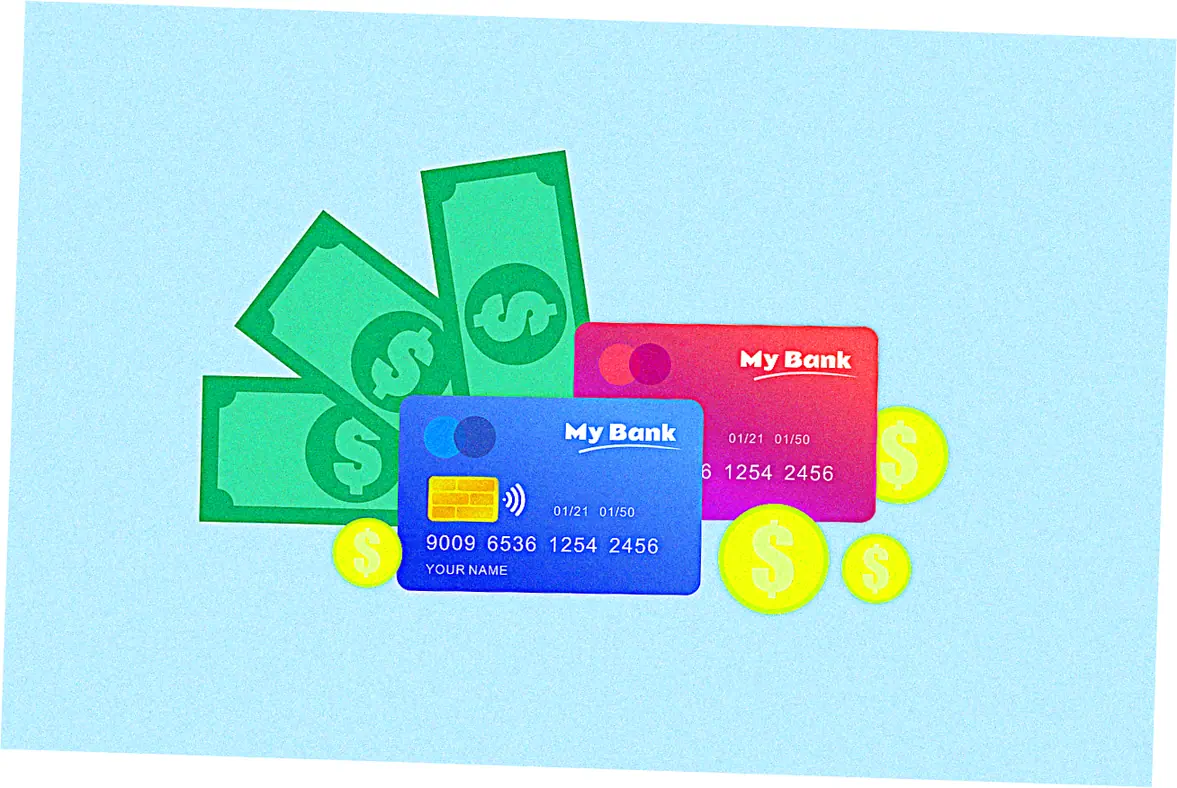
Long-Term Strategies for Credit Separation and Growth
Transitioning From Personal to Business Credit
Once your business credit gets stronger, you can start relying less on personal guarantees. After about a year or two of good payments, many lenders will drop that personal guarantee requirement.
Just show your creditors your business has solid credit and stable finances, and you can work out a deal to make the switch. When you apply for new credit, focus on your business’s own creditworthiness, not your personal score.
Down the road, your business should get financing just on its own track record. This keeps your personal assets safe from business debts and opens up more loan options.
It usually takes 2-3 years of steady credit building, but the financial benefits are totally worth it and last forever. Some business cards will even waive the personal guarantee once you’ve shown you use them responsibly.
Advanced Business Credit Building Techniques
Once you’re set up, go for higher-limit accounts to diversify your business credit mix. Look into industry-specific credit programs – they often have better deals than regular business cards. Build relationships with local banks or credit unions.
They might give you custom financing based on how your business is actually doing, not just some score. These connections can mean more flexible terms, especially when you’re growing.
Get credit lines from a few different places so you’re covered if the economy gets shaky. The aim is to build a strong credit profile that can handle market ups and downs and help you expand when you’re ready.
Keep an eye on your business credit reports. See where you can improve and track your progress toward great scores that don’t depend on your personal credit at all.
Conclusion and Next Steps
Even if your personal credit isn’t great, you can still build business credit. It takes some patience and a good plan, but it’s totally doable.
A smart way to start is with secured financing or vendor accounts. Just make sure they report to the business credit bureaus. Once your business starts building its own credit profile, you can then look
into other options like revenue-based financing or leasing equipment. Keep an eye on your progress and always use credit responsibly along the way.
You can get started right now. Sign up for a business credit monitoring service and apply for a secured business card or a vendor account. In about 6 to 12 months, you should see your business credit scores get a lot better.
This opens up way more financing options for you. Just remember, building business credit separately from your personal history isn’t about quick fixes. It’s all about being consistent and managing your credit responsibly.
Here are some common questions people ask
Can you still get a business loan if your credit score is only 500?
Yes! Some lenders look more at your business income than your credit score Options like merchant cash advances, equipment financing, and revenue-based loans often say yes to scores as low as 500 They usually
want to see your business has been running for a few months and has steady income, not perfect credit
How long until you can build up business credit starting from zero?
If you work at it, you can get basic business credit in 3 to 6 months But getting really good scores (like 80 Paydex) usually takes 1-2 years of handling credit well How fast it goes depends on things
like: what types of credit you have, if you pay on time, and how many accounts report to credit bureaus
Do business credit cards look at your personal credit?
Most do check your personal credit when you apply, but some other options care more about your business money situation Secured business cards are usually easier to get Once you’ve built up business credit, some lenders might not even check your personal credit for more funding
Which business credit card is easiest to get with bad credit?
Secured business cards are usually your best bet when your personal credit isn’t great Cards like Wells Fargo Business Secured and Capital One Spark Classic work with not-so-great credit and help you build business credit at the same time Some store business cards also have easier approval rules